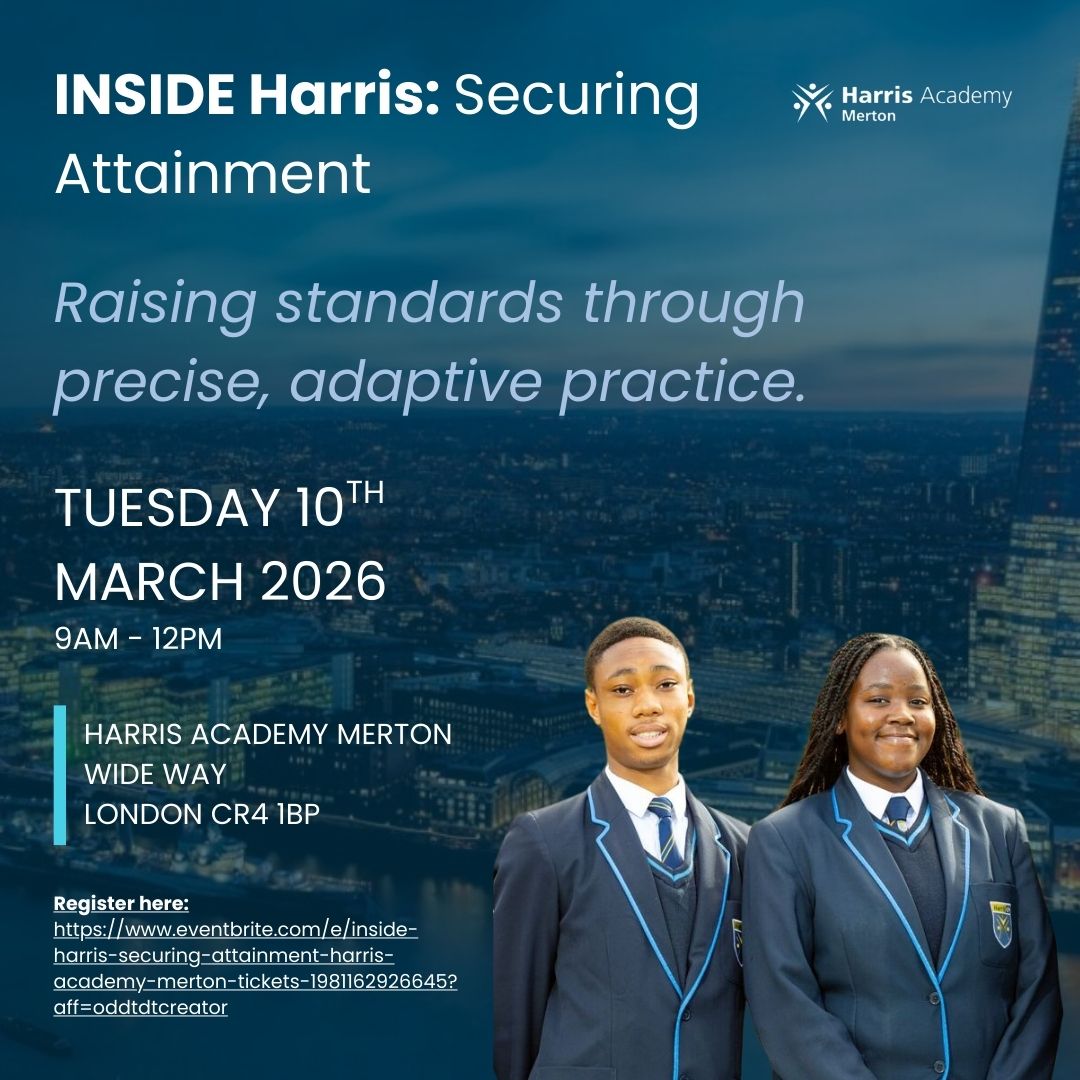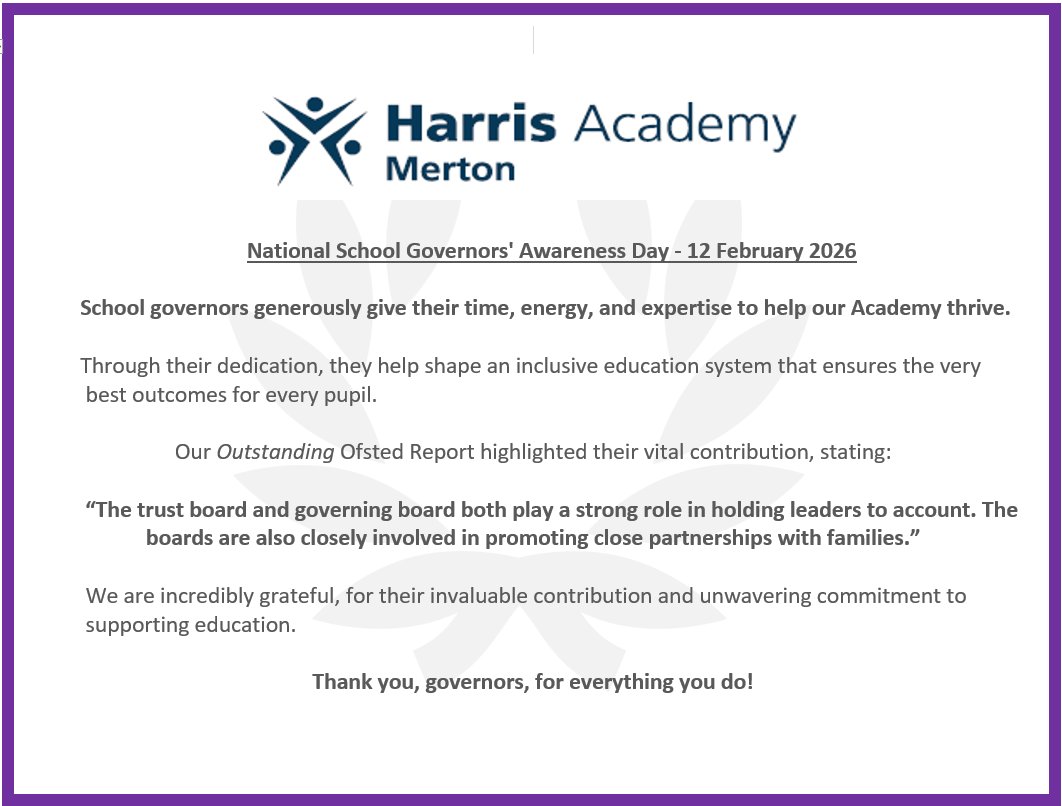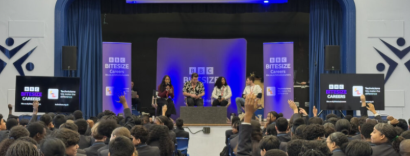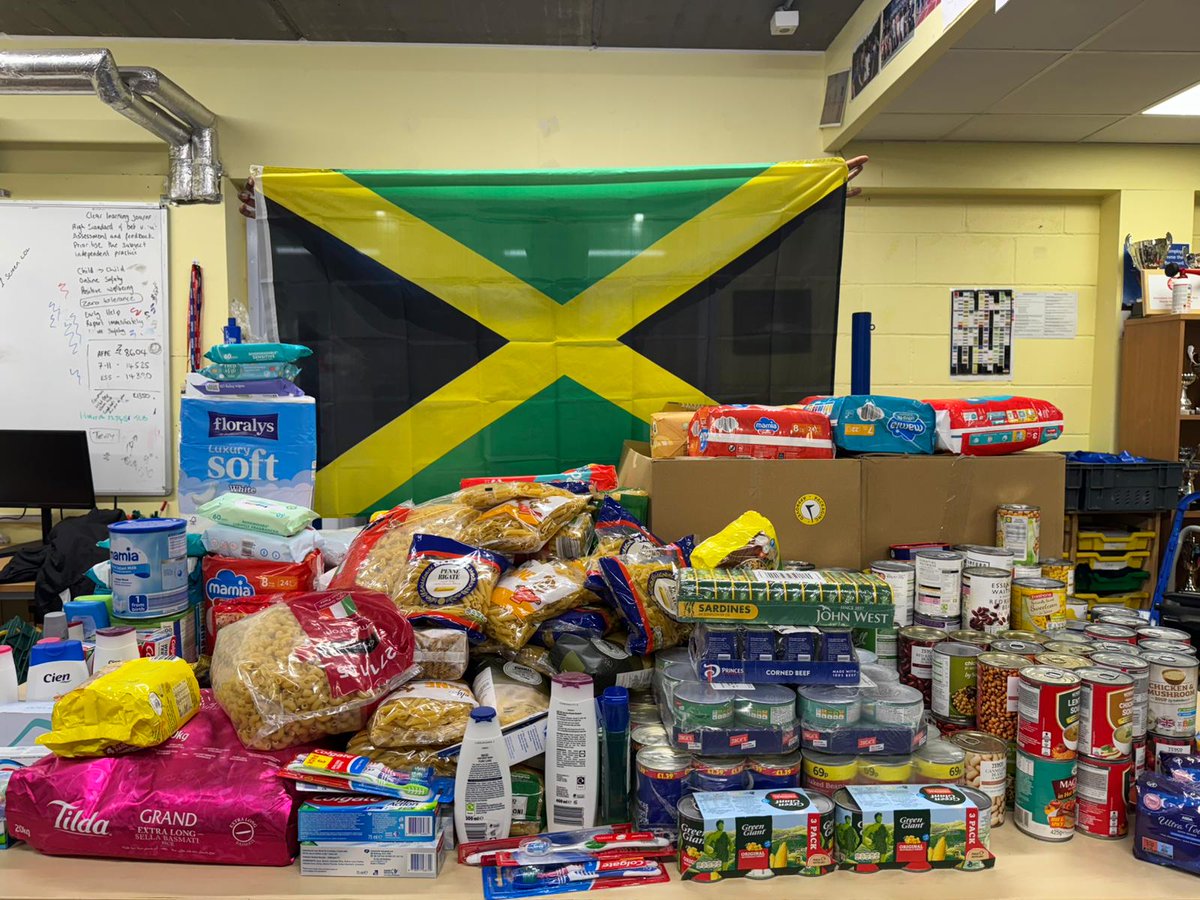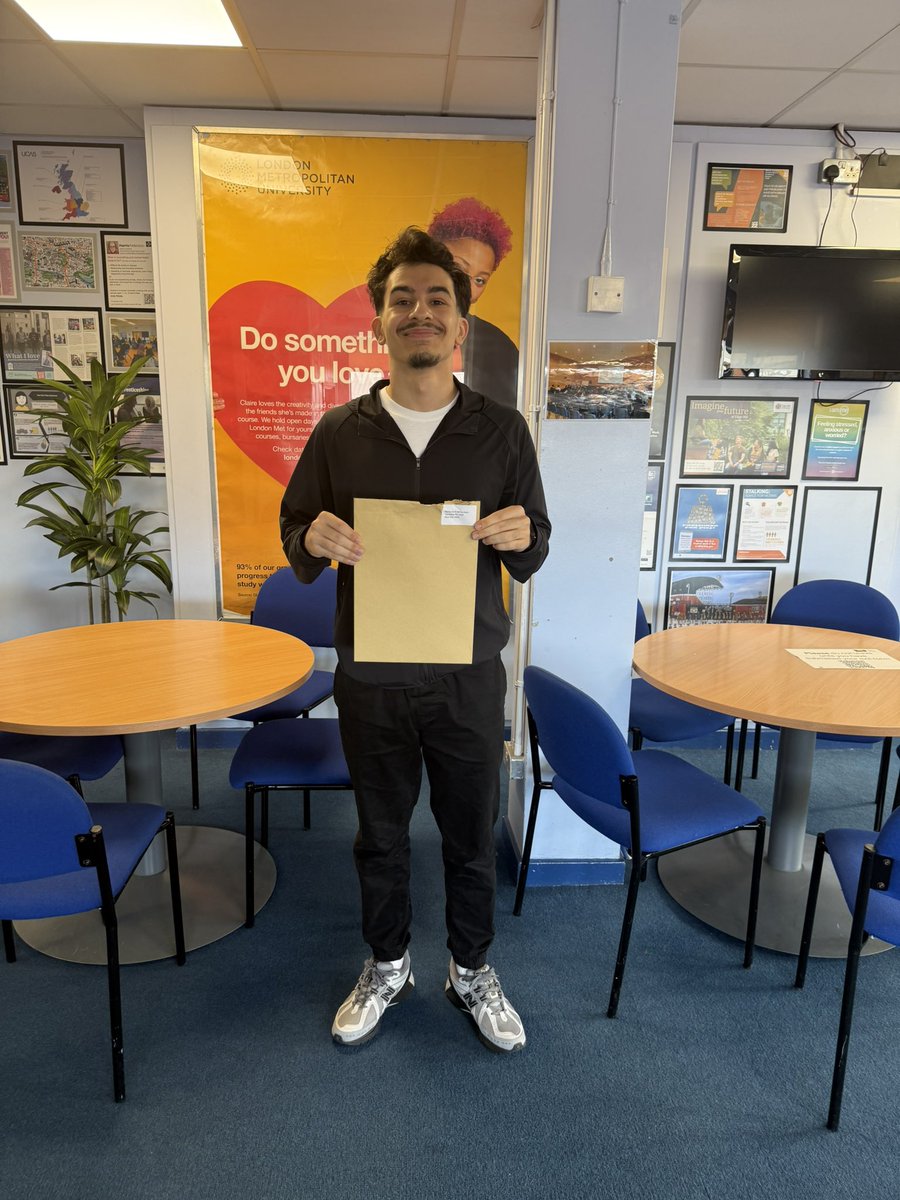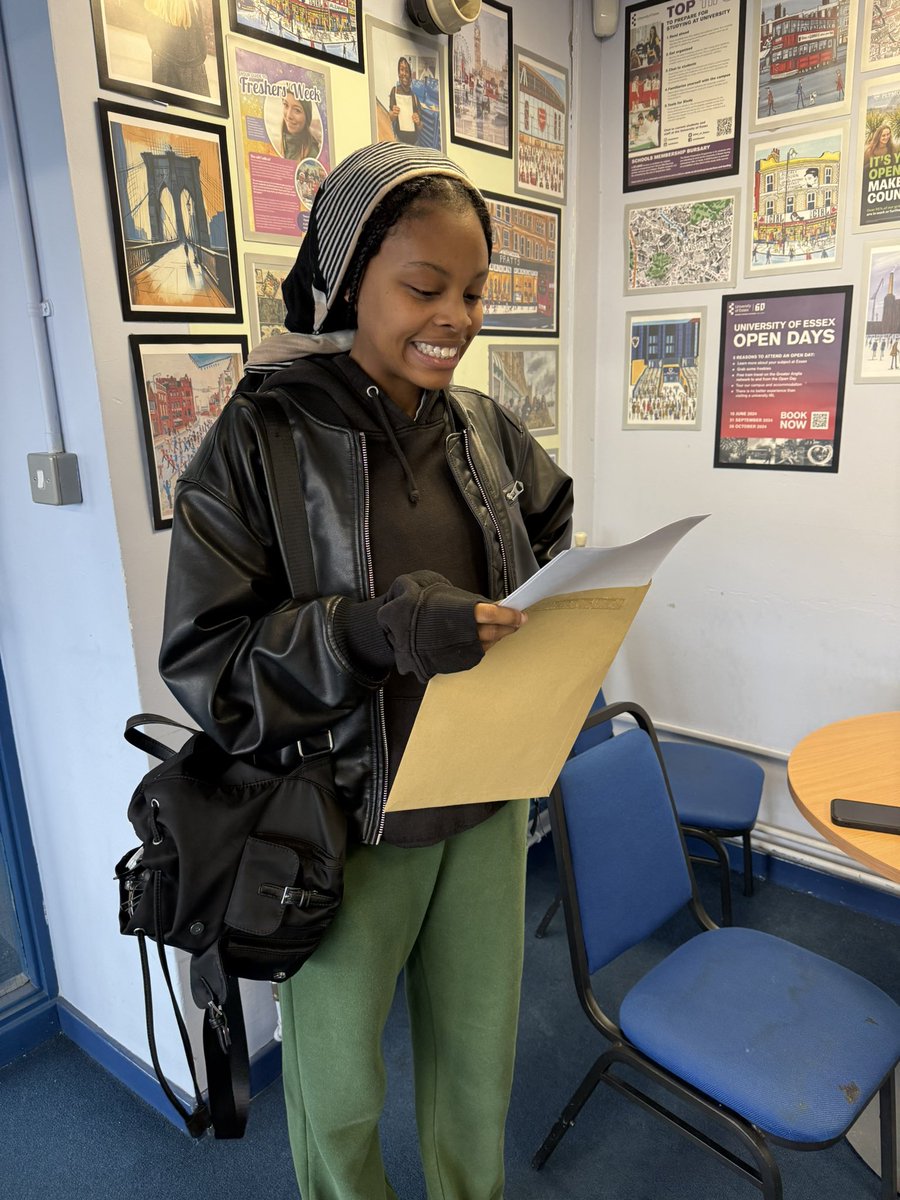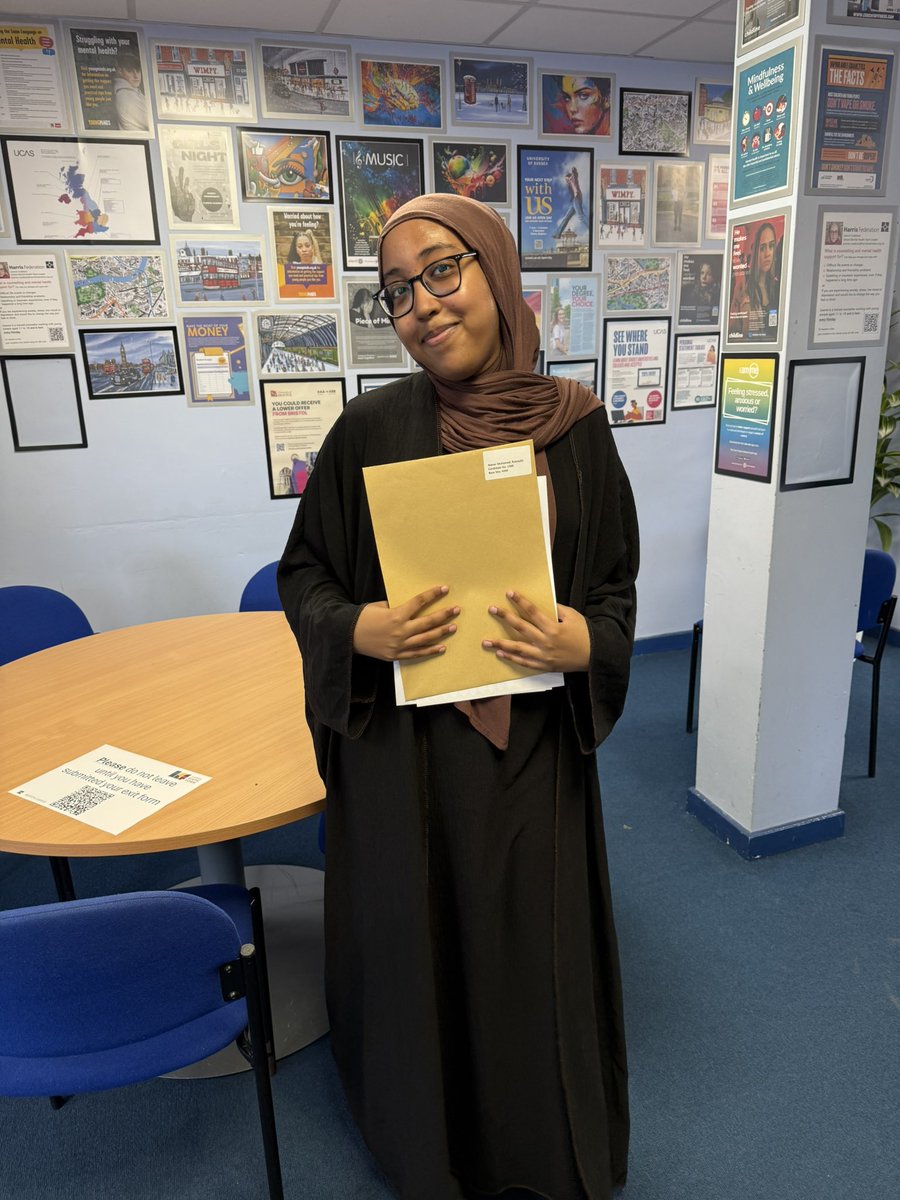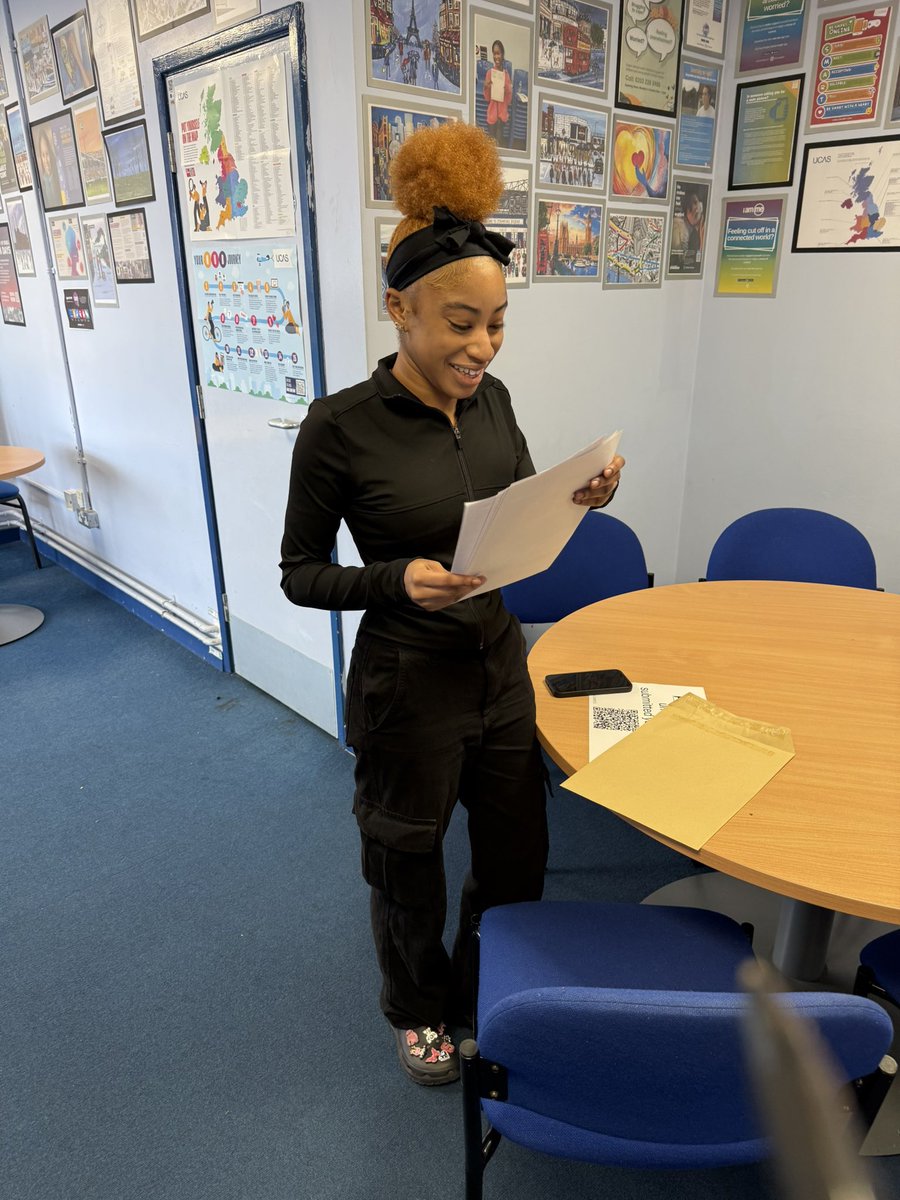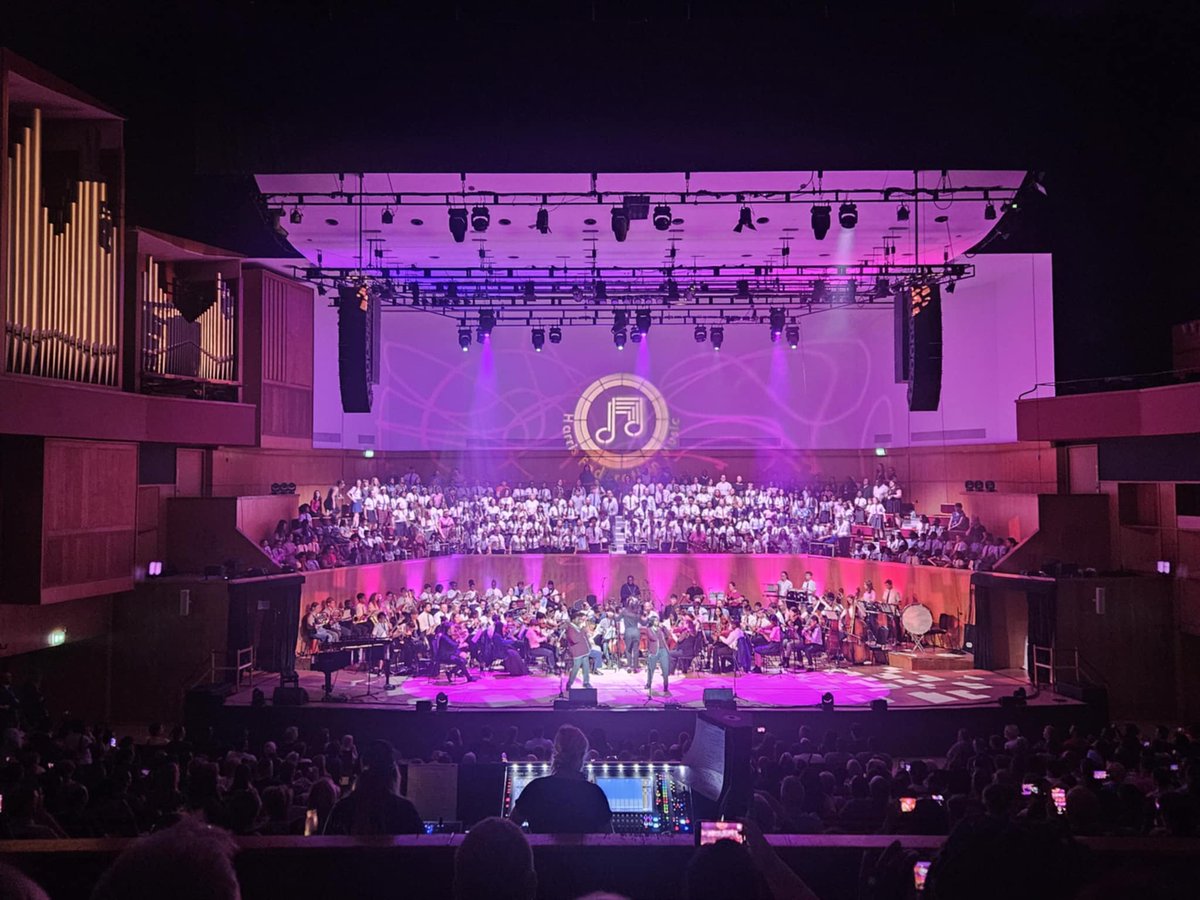Music
Year 7
Link to: Year 7 Music In Year Progression Plan
Assessment
Performance: Students will work on developing their keyboard skills every lesson. Students will receive verbal feedback on their keyboard performance skills. Their teacher will track their progress over the course of each half term.
Composition: Students will complete a variety of composition tasks, where they will apply the skills and music devices they have studied to composing original music. Students will keep a log of their compositions in their books.
Listening: Students will complete a listening activity during most lessons.
The levels students achieve for performing, composing and listening are combined to give them their overall level for KS3 music.
Useful Links
https://www.bbc.com/bitesize/subjects/zmsvr82 - - KS3 BBC bitesize website for Music
https://www.bbc.com/bitesize/topics/zdxh34j - BBC bitesize website for Music theory
Year 8
Link to: Year 8 Music In Year Progression Plan
Assessment
Performance: Students will work on developing their keyboard skills every lesson. Students will receive verbal feedback on their keyboard performance skills. Their teacher will track their progress over the course of each half term.
Composition: Students will complete a variety of composition tasks, where they will apply the skills and music devices they have studied to composing original music. Students will keep a log of their compositions in their books.
Listening: Students will complete a listening activity during most lessons.
The levels students achieve for performing, composing and listening are combined to give them their overall level for KS3 music.
Useful Links
https://www.bbc.com/bitesize/subjects/zmsvr82 - - KS3 BBC bitesize website for Music
https://www.bbc.com/bitesize/topics/zdxh34j - BBC bitesize website for Music theory
Year 9
Link to: Year 9 Music In Year Progression Plan
Assessment
Performance: Students will work on developing their keyboard skills every lesson. Students will receive verbal feedback on their keyboard performance skills. Their teacher will track their progress over the course of each half term.
Composition: Students will complete a variety of composition tasks, where they will apply the skills and music devices they have studied to composing original music. Students will keep a log of their compositions in their books.
Listening: Students will complete a listening activity during most lessons.
The levels students achieve for performing, composing and listening are combined to give them their overall level for KS3 music.
Useful Links
https://www.bbc.com/bitesize/subjects/zmsvr82 - - KS3 BBC bitesize website for Music
https://www.bbc.com/bitesize/topics/zdxh34j - BBC bitesize website for Music theory
Year 11
Link to: Year 11 Music In Year Progression Plan
Link to: Exam Specification
| Subject: | GCSE Music |
| Exam Board: | Eduqas |
| Syllabus Number: | 601/8131/X |
| Teacher Responsible: | Ms Petersone |
Introduction:
Students will develop theoretical musical skills such as composition, performance and appraisal.
They will be encouraged to engage critically and creatively with a wide range of music and musical contexts and reflect on how music is used in the expression of personal and collective identities.
Students will have the opportunity to perform individually and in groups of varied size.
Aims of the course:
The course is designed to:
- Provide students with the opportunity to gain self-confidence and develop team working skills through performing to others
- Extend students' creative skills through composing music
- Encourage an understanding of the importance of continuous evaluation and refinement in any process
- Provide a solid foundation for progression to music related courses, including A-level Music, and a career in music professions
How you are assessed:
Component 1: Performance (30% of qualification):
- Total duration of performances: 4-6 minutes
- 1 solo performance
- 1 ensemble performance
Component 2: Composing (30% of qualification):
- Total duration of compositions: 4-6 minutes
- The first composition is a free composition for which students set their own brief
- The second composition is in response to a brief set by the exam board.
Component 3: Appraising (40% of qualification):
- Written examination: 1hour 15 minutes
- Eight questions in total, two on each of the four areas of study:
- AOS1: Musical Forms and Devices
- AOS2: Music for Ensemble
- AOS3: Film Music
- AOS4: Popular Music
Useful Resources:
- Badinerie by J.S. Bach (set work)
- Africa by Toto (set work)
- www.bbc.co.uk/bitesize/gcse/music/
Instrumental Lessons
We are delighted to announce that Harris Academy Merton in conjunction with Merton Music Foundation will be offering 1-1 instrumental lessons in piano, singing and violin.
For more information click on the links below.
Merton Music Foundation- Letter to Parents and Carers
